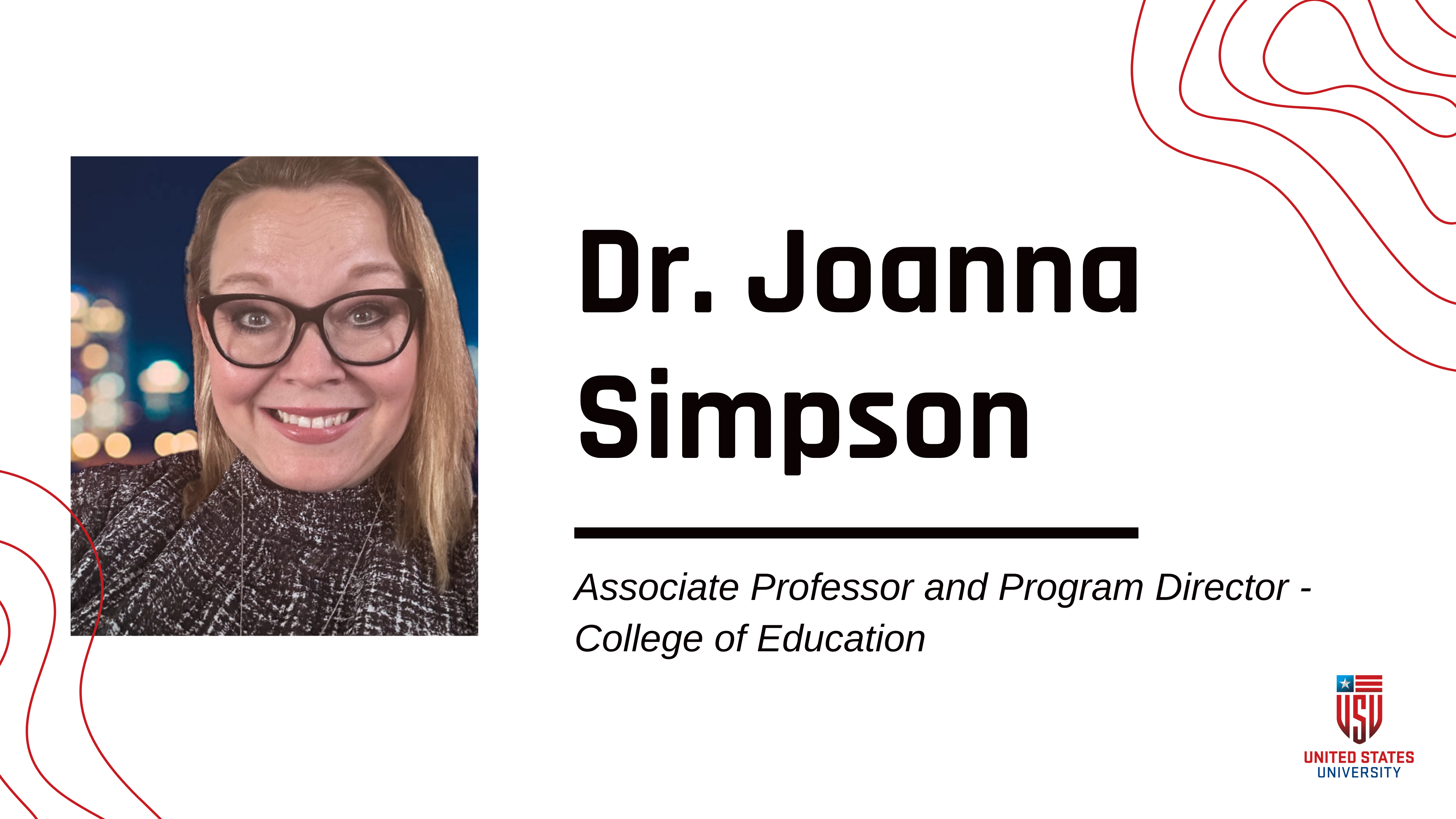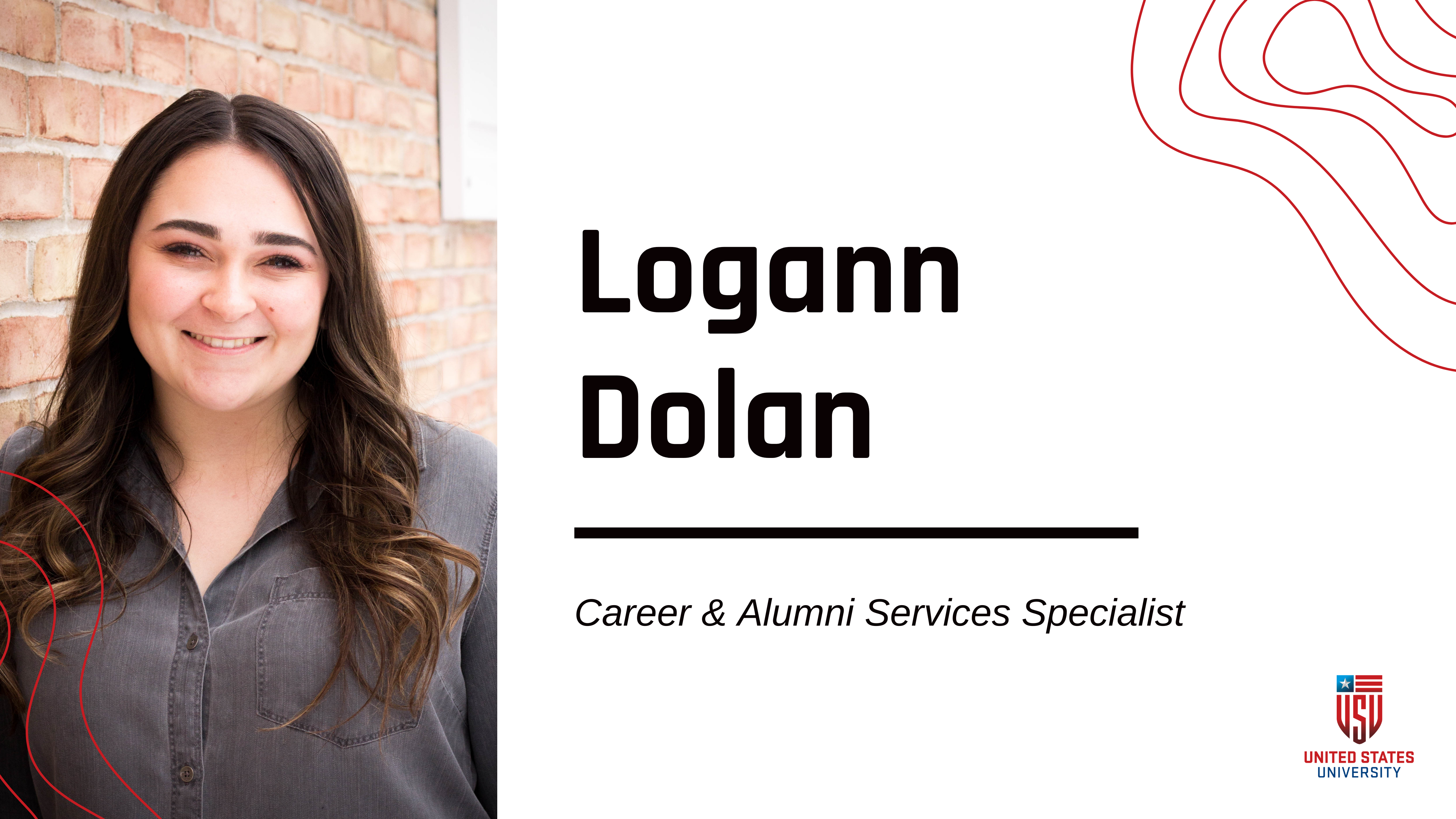What Can FNPs Do? Interviewing an Actual FNP
As the community of Family Nurse Practitioners (FNPs) continues to grow and develop, more people wonder: what can an FNP actually do? To better understand what FNPs can do day-to-day, United States University sat down with Liz Rohriz Rohr DNP, FNP-C. A practicing FNP who works in a Federally Qualified Health Center (FQHC) in Massachusetts.
Interviewing an Actual FNP
Alison Shely: "Hello, Liz! Thank you for sitting down with me today. As you know, we’re attempting to better understand the family nurse practitioner's role. We want also want to clarify what can FNPs do in healthcare settings. So, to start things off, tell us, why you chose FNP over the other specialties? What stood out about it? "
Liz Rohr: "Ever since I was in nursing school I knew I wanted to be in community health because I wanted to focus on the collective well-being of those in my immediate community. I chose family instead of adult NP because I wanted to treat more patients– which allowed me to treat pediatrics. Also, I wanted to have the freedom to practice in a way and in a setting that was best suited for my skills. In this position, I have a lot of flexibility. I have freedom in the types of places I can work and the jobs that I can have. "
AS: "How about school? What was your degree program like, and how challenging was it? "
LR: "I really loved my school and yes, it was quite challenging– but I did love every minute. The course was fast-paced and intense. It was a quarterly schedule and it took two years. It flew by.
Also, I was lucky because my clinicals were assigned to me instead of having to find my own, which is what usually takes place. The program was extensive and tough, but very interesting. Some of the projects and assignments aged me quicker than nature, but I had great professors and wonderful classmates. Overall I had a really great experience.
I think that regardless of how excellent a program is, there's no way to feel prepared when you leave a program. Taking care of patients was scary to me, even after I graduated! But I took comfort knowing that everyone feels that way. In addition, with the support and resources you’ll have at your disposal, that will change quickly when you settle into a routine. "
AS: "What is a typical day like for you? "
LR: "When I started as a new grad, I worked full-time and had my own panel of patients, which had 1,200 patients. I gradually worked my way up on the number of patients I would see per day over that first year.
I would perform physicals, women's health services, IUD insertions, nexplanon insertions, multiple comorbidity visits, and pediatric concerns. Managing patients struggling with mental illness or substance abuse, often serving as a bridge between specialists, not just for psych but for everyone. A lot of being an FNP is working well within your teams of healthcare providers to coordinate patient care.
However, now that I'm working more PRN (Pro Re Nata) roles, I miss that continuity of care that I experienced with primary care."
AS: "What are some things that excite you about the FNP role? "
LR: "I've always been in community health, and I think I will be there forever. I think it's really exciting to practice at the max scope of my license.
As I've matured in my role and taken on a lot of mentees, I've learned that everyone has their own philosophy of practice. Whether they want to serve primary care patients or something more intense and complex. I find that exciting because I love to learn every day and in this role, I certainly have.
Working as an FNP, you get an endless amount of learning. I feel so excited about the profession itself and the science, and exploring more about patients and the nuances of care. It means the most."
AS: "What are a few skills that you do as an FNP that you didn't expect you'd get to do? "
LR: "In terms of procedural skills, I think I expected to do more than I am actually doing. I learned how to do things like:
- Suturing
- Laceration care
- IUD and nexplanon insertion and removals
- Incision and drainage of abscesses
I don't see these as much as I expected.
Some skills I didn't expect, though, and that I see many nurse NPs struggle with, are the things past the clinical knowledge. In school, we were taught just the baseline of clinical knowledge, so that we can continue to develop that knowledge throughout our years as an NP.
There's this whole realm of on-the-job learning for things like billing and coding, ordering medical supplies, and connecting with other medical resources that I never expected. Another skill I didn't expect is navigating the workplace itself and how to effectively communicate with your team members, including your leadership while delegating and dealing with conflict when it comes up.
I also think that's exciting, though! I didn't expect to be a leader and the connection point for my patients and everything they need"
AS: "Liz, any last words for anyone out there who may be thinking about becoming an FNP?"
LR: "Absolutely, of course. Listen, the bottom line is working as an FNP is beyond rewarding-- and for many reasons. It will fill your cup. You'd play a leadership role in the care of many, many people. I don't take this lightly and it is a responsibility that guides my everyday and largely defines who I am. Becoming an FNP will change you forever. My last words for anyone out there thinking about becoming one or wondering what can FNPs do: come find out, come join us! Take that chance to push yourself to make an impact on the lives of the many."
Does being an FNP sound exciting?
Now that you've heard from a real-life FNP, what do you think? Does it sound like something you would enjoy? Becoming an FNP is a worthwhile adventure for many – will you be joining the team?
If you're answering YES to these questions, check out United States University's FNP program today to start your degree and your new career. You can also check out Liz's website here if you'd like to know more about her!
Alison Shely, DNP, FNP-C is a nurse practitioner, nurse coach, and nurse content writer who specializes in articles, guest blogger, and healthcare worker. She has been in nursing since 2014. She has worked in intensive care, women’s health, and primary care as an rn and FNP. Her specialty topics include mental health, health and wellness, yoga philosophy and practice, and community health. She also serves as a health coach and mentor to other nurses and healthcare workers regarding healthy lifestyles and mental health.
Note: This interview has been edited for length and clarity.



